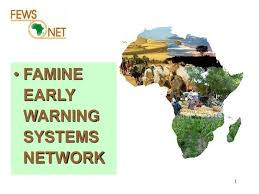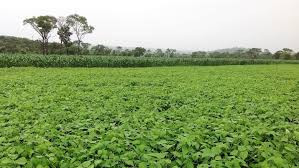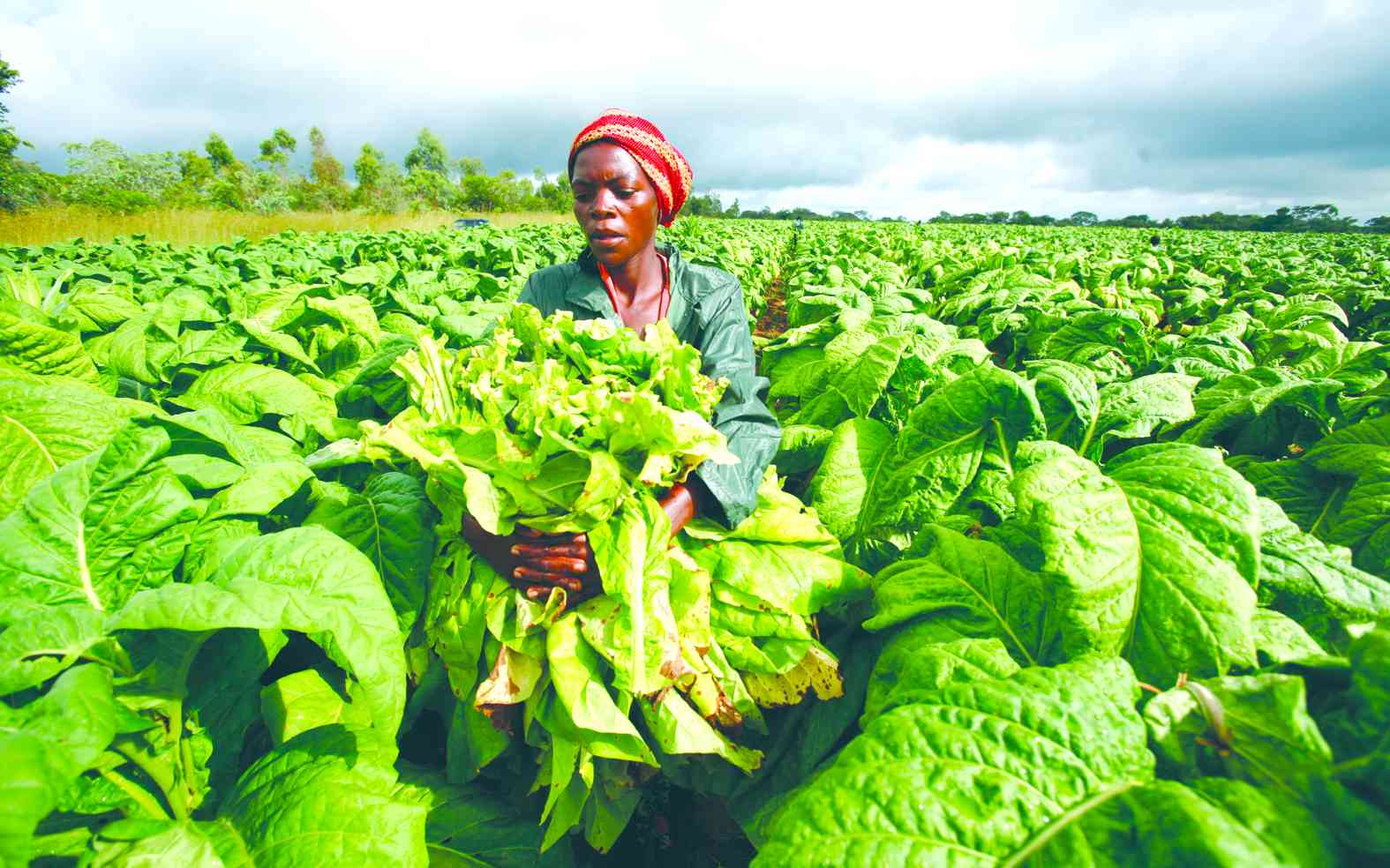THE Competition and Tariff Commission (CTC) will investigate reports of counterfeit toothpaste products in the market as it has emerged it could cause serious injury to Zimbabweans, NewsDay Business can report.
In a notice, the commission revealed that there has been an increase in the importation of unregulated toothpaste into the country.
Toothpaste is primarily used for cleaning and maintaining the health and aesthetics of teeth and other parts of the oral cavity, including gums.
According to CTC, the domestic industry has provided evidence of serious injury resulting from a substantial increase in toothpaste imports.
This increase is evident in both absolute and relative terms compared to domestic production from 2020 to 2023.
The state of the domestic industry is concerning due to the significant and widespread deterioration of performance indicators, including production, capacity utilisation, sales, market share and, most notably, profits and losses.
Keep Reading
- CTC approves six mergers
- CTC approves six mergers
- Dairibord inks deal after Dendairy flop
- Dairibord inks deal after Dendairy flop
Consequently, it has been determined that all conditions necessary for the initiation of a safeguard investigation.
“The Competition and Tariff Commission has received and accepted an application for an investigation regarding remedial action in the form of a safeguard measure against the increased importation of toothpaste into Zimbabwe,” CTC said in the notice.
“Based on the information and evidence submitted with the application, the commission found that the applicant provided prima facie evidence of a surge in imports that is causing serious injury to the Zimbabwean industry, with a causal link to these imports.”
CTC said it had determined the events cited could be considered unforeseen developments.
“These unforeseen developments, along with the effects of obligations incurred under the GATT 1994, have contributed to the increased volume of imports, both in absolute and relative terms,” the regulator said.
NewsDay Business understands the application was submitted by Merken Investments (Pvt) Limited.
Merken is the sole producer of a like product in the country.
“This investigation will be conducted in accordance with the Competition Act [Chapter 14:28] (the Act) and the Competition (Safeguards) (Investigation) Regulations, 2006 (Safeguard Regulations). Consideration will also be given to the World Trade Organisation Agreement on Safeguards (the Safeguard Agreement) and Article XIX of GATT 1994, where applicable,” CTC said.
“Any information deemed confidential must be accompanied by a non-confidential version for the public file. If a non-confidential version is submitted, the reasons for omitting specific information and the nature of that information must be provided.
“Additionally, a summary of the confidential information that allows for an understanding of the omitted substance should be included.”
CTC added that in exceptional cases where a summary could not be provided, the applicant must explain why it was not possible.
“This requirement applies to all parties submitting information to the Commission,” CTC said.
Toothpaste is classified under the harmonised system customs tariff code 3306.10.00, described as dentifrices, with a current most favoured nation with duty of 40%.
“The product produced by the Zimbabwean domestic industry is described as toothpaste, primarily used to clean and maintain the health and aesthetics of teeth and other parts of the oral cavity, including gums,” CTC said.
“Merken further asserts that the Zimbabwean domestic product and the product under consideration are technically and commercially substitutable in all respects.”
The main countries exporting toothpaste to Zimbabwe are India, China and South Africa.
“The Zimbabwean domestic industry noted that the significant rise in imports is a result of unforeseen developments, particularly stemming from COVID-19 recovery policies,” CTC said.
“Major toothpaste producers, such as those in China, India, Pakistan and South Africa, have ramped up production post-COVID-19, creating surpluses that need to be absorbed by global markets, including Zimbabwe.”
CTC added that these countries were known for their cost-effective manufacturing, making their products appealing to Zimbabwean importers and further increasing import volumes.





